The following press release from Suzuki discusses its laudable achievement of producing the world’s first fuel cell vehicle to gain approval for safe use on public roads without having to be inspected and tested individually. Fitting nicely with our article a few weeks ago about hydrogen fuel cell powered vehicles, Suzuki’s breakthrough with this Burgman is part of Suzuki’s effort to make this “a commercially available vehicle.” Here is the Suzuki press release:
BREA, Calif. March 10, 2011– Suzuki is pleased to announce that the Burgman Fuel Cell scooter has gained Whole Vehicle Type Approval in the European Union – becoming the world’s first vehicle to gain approval for safe use on public roads without having to be inspected and tested individually. This new approval meets standards for safety and performance, representing a milestone in making environmentally-friendly, zero-emissions transportation commercially available for the public.
The Burgman Fuel-Cell Scooter debuted at the 41st Tokyo Motor Show in October 2009, and has been continually tested in the UK since February 2010, gathering information about the bike’s performance on public roads while it gained the Whole Vehicle Type Approval.
Produced in a joint collaboration between Suzuki Motor Corporation and British company Intelligent Energy, the Burgman Fuel Cell scooter utilizes state-of-the-art eco-friendly fuel cell technology, incorporating a light, compact, air-cooled fuel cell positioned inside the frame that efficiently produces electricity through a reaction between hydrogen and oxygen in the air, and discharges only water in the process, providing zero-emissions power.
The new fuel cell-powered scooters are based on Suzuki’s popular city-friendly Burgman model scooters, and boasts the same high build quality, state-of-the-art features and impressive performance as the standard models they are derived from.
Suzuki is pioneering the field of eco-friendly transportation by working toward making the Burgman Fuel Cell Scooter a commercially available vehicle, in line with the establishment of hydrogen-filling stations and other necessary infrastructure.
For more information about the Suzuki Burgman Fuel Cell Scooter, please visit: http://www.globalsuzuki.com/Burgman_Fuel-Cell_Scooter/index.html
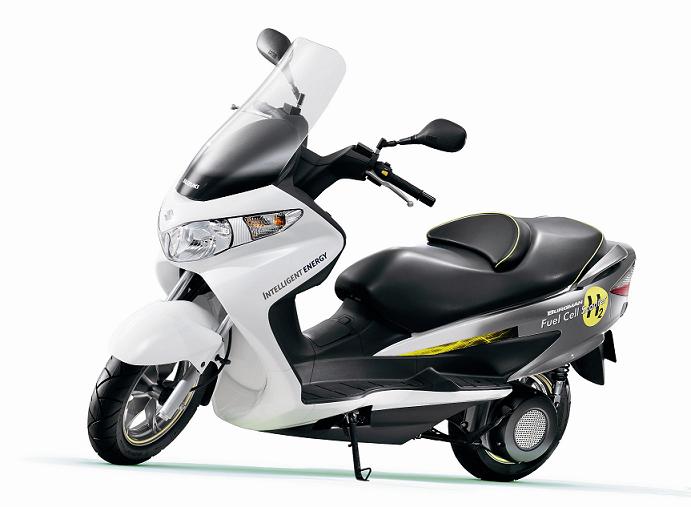

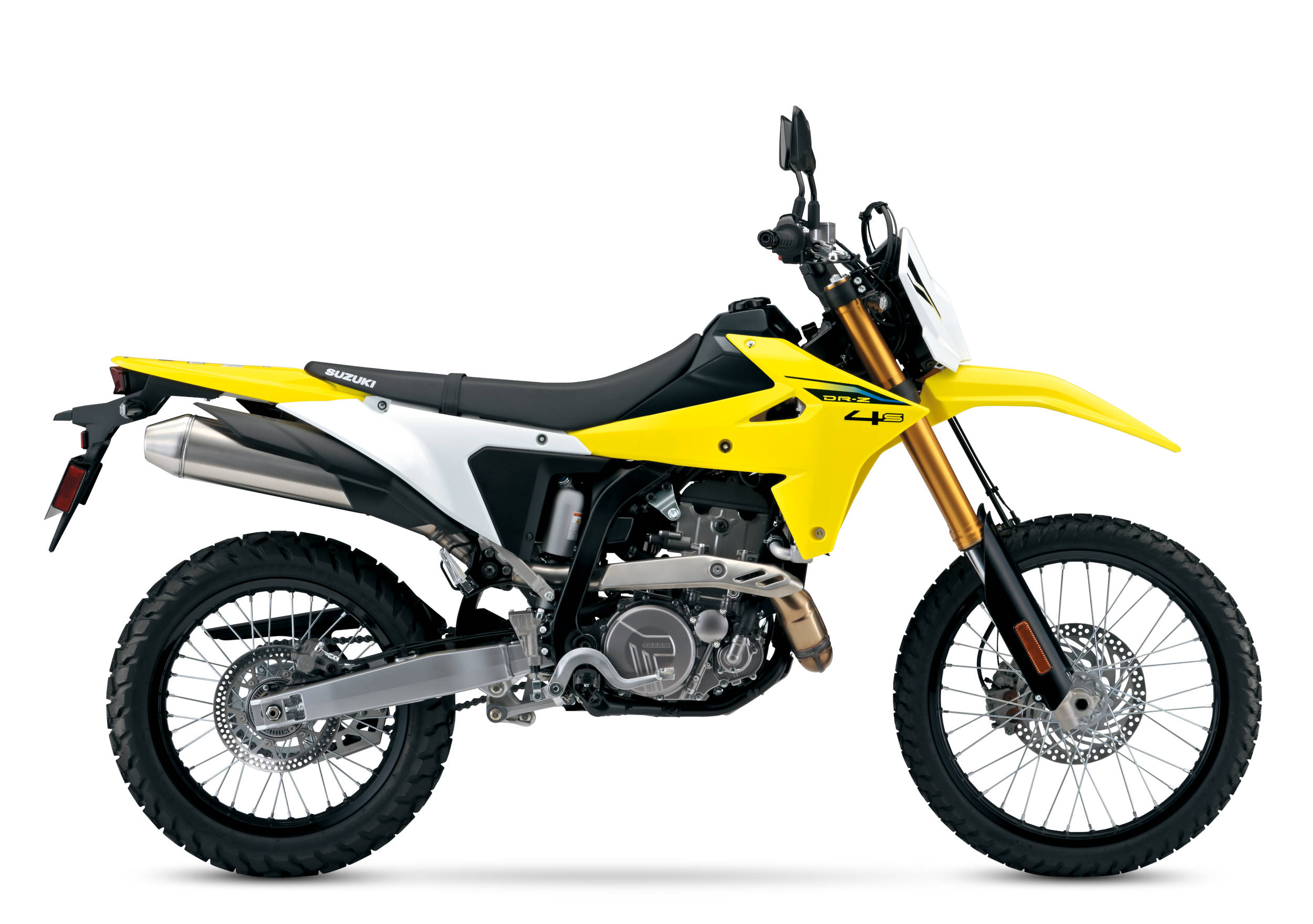
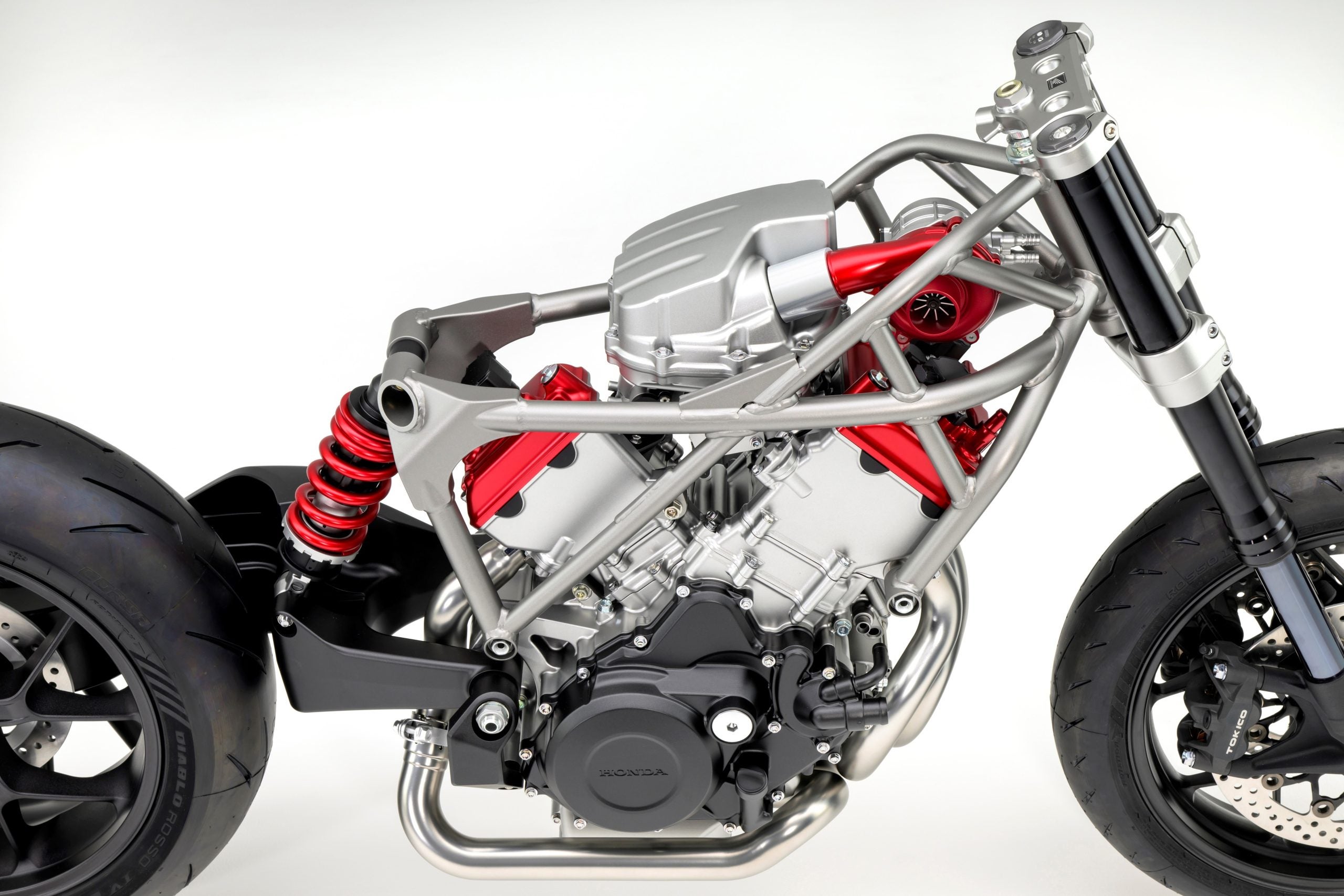
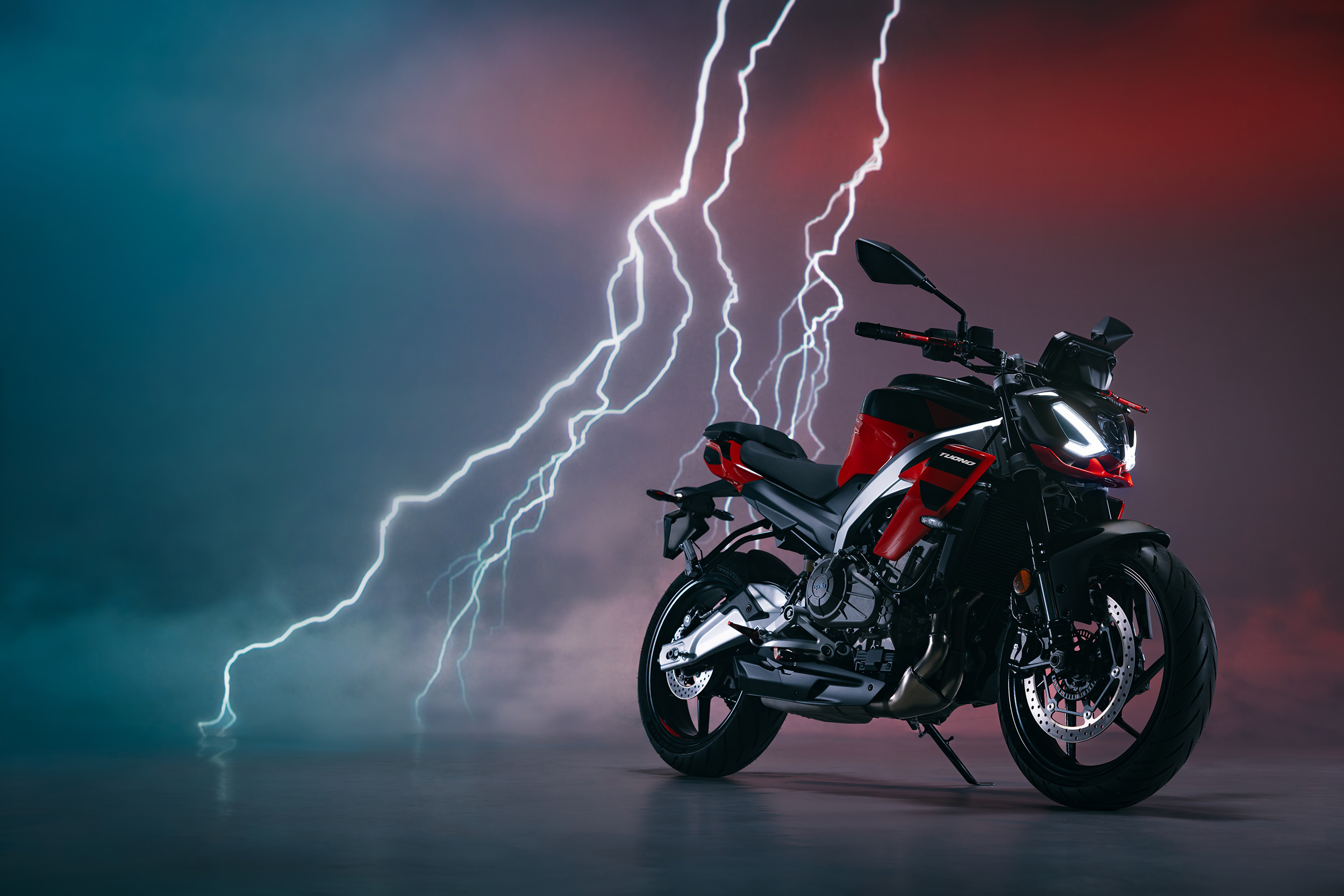
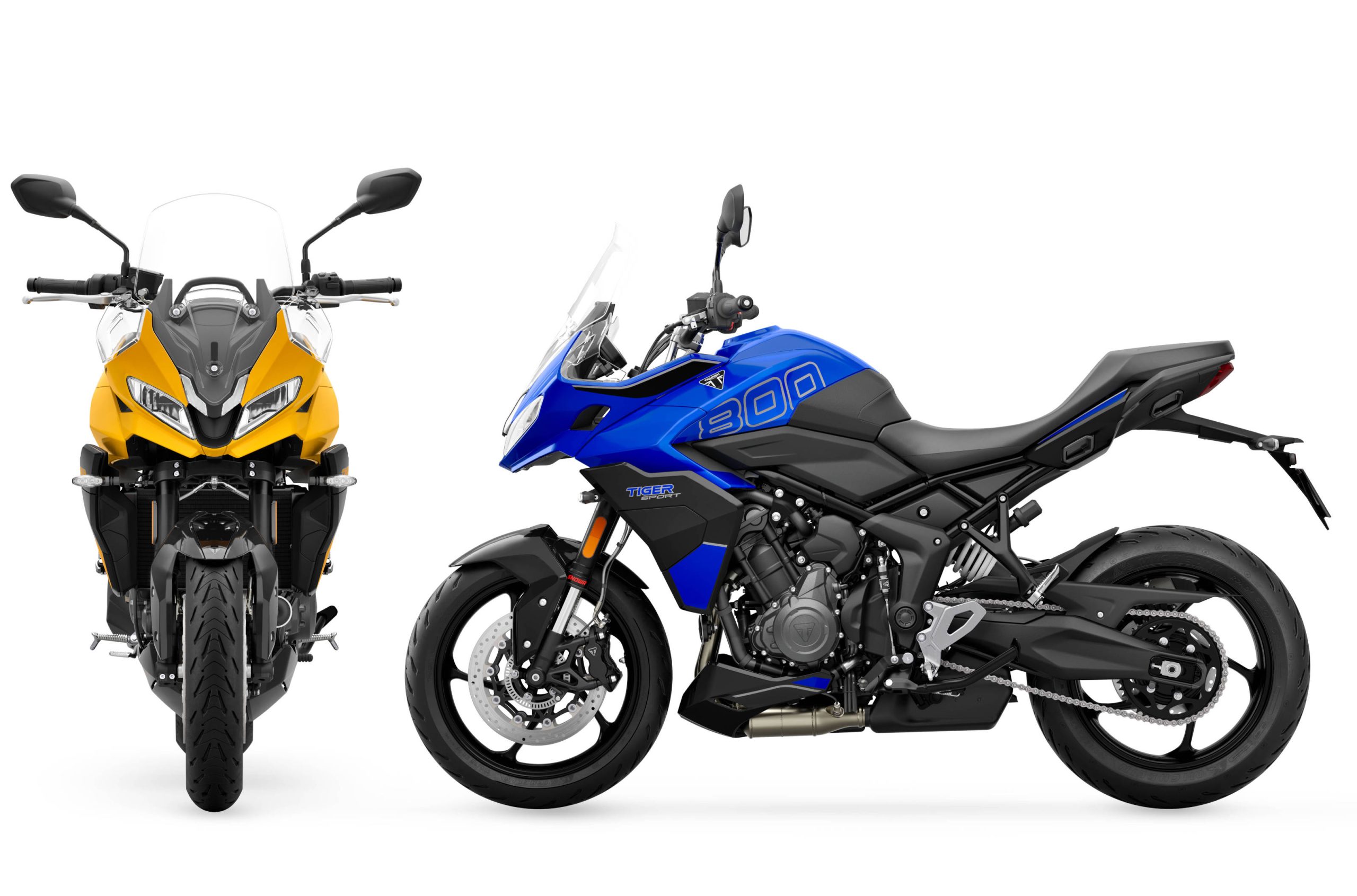
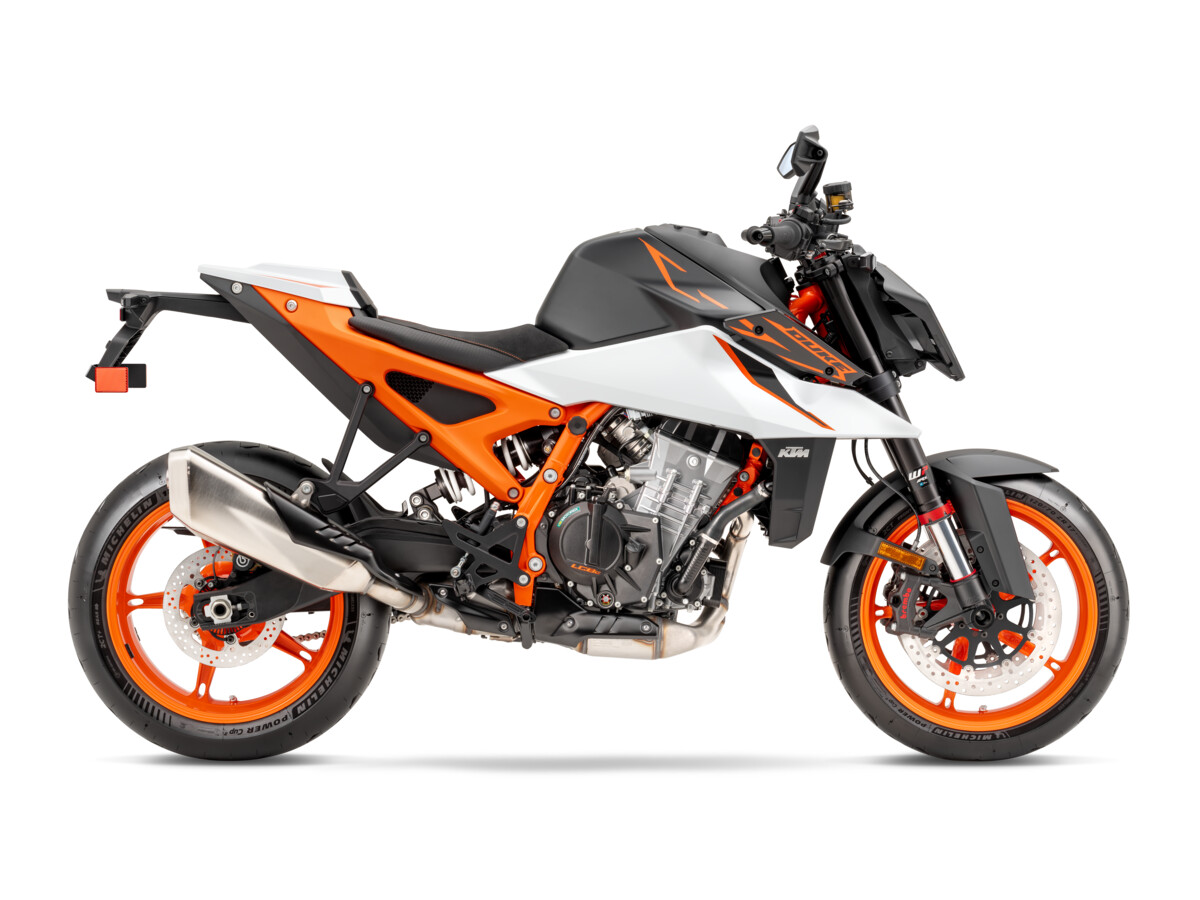
Yes I heard about Fuel cell motorcycle but don’t know when it s going to Lunch in US and other countries market. Intelligent Energy launches the world’s first purpose-built fuel-cell motorcycle Aside from the fact that it is run by a fuel cell called Core, it also produces low sound compared to the rest of the motorcycles. I read in one of the article that ,according to its designers, even its water-vapor emissions are drinkable because they are so clean.
You can buy fuel-cell power tools so this is not really new. Hope it works and I wish they would give us some hard data on this scooter. The way gas is going (up to $4 a gal. where I live) I hope that this is an affordable solution.
There are of course the oft-discussed problems with how the hydrogen is obtained, but the additional issue for any moving vehicle is with the fact that a given volume of liquid hydrogen contains a surprisingly small amount hydrogen.
When it comes to liquids we are most accustomed to water, and even though a gallon of gasoline or a gallon of alcohol weighs appreciably less than a gallon of water, we still do not readily realize the differences in the mass of the same volume of different liquids. It is very much the same as it is with solids. We are familiar with how, a small block of aluminum is far less massive than a block of lead the same size. The situation is similar for liquids. Once a gas such as hydrogen has been compressed into liquid state, no further compression is possible, that is appreciable.
The tank of liquid hydrogen contains a surprisingly small amount of hydrogen. On Suzuki’s site, they don’t specify the size of the tank. All they give is the pressure, in megaPascal. (One megaPascal is the pressure that yields one million Newtons of force per square meter.) They say that the range is 350 km, but they also specify that this is for traveling a constant 30 mph. Under such ideal conditions, a typical car would get mileage at least double what it gets when driven in the ordinary, typical manner, possibly even three times as great. The point is that the range value they give has virtually no meaning in any real-world context.
We do not know the tank volume or the realistic range. We know that the motor/generator is contained within the wheel hub, and that in the chassis, taking up space alongside the hydrogen tank, there is also a Lithium-ion battery. This is impressive work and it is good that Suzuki is paying scientists (and engineers …) to do this sort of work.
The fuel cell will use a high pressure tank, not liquid hydrogen. They’d need a well insulated dewar to keep the LH2 in liquid form. The compressed gas tank will be pressurized to 70MPa, or 10,00 psi.
Tom it has plenty of relevance in a real word context. The average speed of traffic in London is WELL below 30mph. If people could afford this it would cut pollution and reduce commuting times, compared to cars, and you can fill it it up in a similar time to a petrol driven or diesel driven vehicle.
I dare say there are bugs to be worked out – but in the end, whether its 50, 100, or 500 years from now hydrogen is the way to go. Might as well start on it now.
The point is that even in the extreme case of a tank of liquid hydrogen, a humongous tank is needed to carry any appreciable amount of hydrogen. If the hydrogen is not fully compressed into liquid, the tank will carry even less. The point is that notwithstanding what they say about the range, in practical terms refilling the tank would be necessary perhaps ten times as often as what we take for granted.
(As for liquid vs. highly compressed gas, it is apparent from the fact that tanks that hold liquid hydrogen at ambient temperature exist, that once it has been forced into the liquid phase, it will remain that way as long as you keep it adequately pressurized. It is evidently true that some very special methods are needed to get it into the liquid phase, but presumably less extraordinary means if it is only highly pressurized. The vapor pressure of liquid hydrogen at ambient temperature should indicate the amount of pressure required to keep it in liquid phase, but I’m too lazy right now to look that up. Regardless, if in fact the tank will keep the hydrogen in highly compressed gaseous state, the tank will hold much less hydrogen than it will hold in liquid phase, and the range will be even worse than what it would be in liquid phase, which will already be dismal.
It all makes for interesting stuff to read about, but so did Jules Verne. But if we are seriously interested in a practical alternative to gasoline, we should be looking at compressed natural gas. It is readily abundant in North America, and there is already a robust, widespread pipeline distribution system throughout all urban areas. And existing gasoline engines can be converted to burn CNG. It makes so much sense that the only thing that does not make sense is why the conversion is not already underway on a massive scale throughout North America, and why instead people prefer to read pie-in-the-sky articles about hydrogen fuel cells.
don’t know much about this stuff, but i thought i heard propane and natural gas could also feed fuel cells. hydrogen is definitely off in the sweet by and by. thanks for the info tom.
Yes, fuel cells are not limited to hydrogen. I don’t know if the improvement in efficiency is the same with other fuels as it is with hydrogen, but if fuel cells ever make it to large scale production for powering vehicles on the road, the fuel will almost certainly be either natural gas or else a petroleum-derived gas. It will need to be a fuel that is not prohibitively costly to obtain on a large scale, and a fuel with much greater molecular mass than hydrogen, so that a useful quantity of fuel can be contained in a tank of acceptable size.
CNG tanks take up quite a bit of space as well. A motorcycle or scooter running on CNG would have a range suitable for commuting, but not much else unless you think pontoons look good on a motorcycle. Hydrogen’s appeal is obviously the lack of CO2 emissions which you would still have with CNG (albeit significantly reduced over gasoline). Plus, no one would be calling natural gas plentiful or cheap if even half of the cars in the US were burning it, much less the world.
Suzuki has issued a warning about riding this scooter near Lakehurst, NJ, during an electrical storm.
Oh the humanity.
curious, is the range of a fuel cell “battery” any better than a conventional battery…?
Not really. The big difference is charge time. It takes some time to charge a conventional battery. A hydrogen fuel cell just needs to be “filled up”.
Its about dang time. This technology is definately the route the planet should head. To be able to use hydrogen, the most abundant resource on the planet. The concept and reality to turn hydrogen into viable fuel leaving only water to be excreted. No more nauseating exhaust fumes to be inhaled. I don’t think battery powered engines is the best way to go, although its a great start. My hat goes off to you suzuki! It makes me proud to have purchase a 2009 gsxr 750. I’m glad my money is helping this company expand and grow in the right direction.
I’m flabbergasted. Do you really think it is that simple? Have you bothered to find out anything about where the hydrogen comes from? Hydrogen is not only the most abundant element on the planet, it is the most abundant element in the universe. But that doesn’t mean diddly. The sun, for example, is an obvious source of hydrogen, so perhaps we can just send some tanker ships to the sun to scoop up a bunch of hydrogen and bring it back. The ship itself will of course be powered by the hydrogen. But obviously it isn’t that easy. Then there is Jupiter, another source of a lot of hydrogen, and not nearly as hot as the sun. But it has a lot of gravity, and even though we built a landing module to land on the moon and then subsequently escape from the moon’s gravity, that was a very difficult thing to do, and the solution involved using separate engines for landing and taking off, so that the engine that was used for landing could be left. We have yet to be able to solve the same problem for any planet, i.e., Mars, and there is no certainty that it will ever be solved. There is no certainty, in other words, that humans will ever travel to mars with the exception of the ones who don’t want to return. The point of all of this is that (1.) not everything that can be imagined is possible, and (2.) the mere fact that hydrogen is there and we know it is there does not mean that it is free for the taking. I make these points because you evidently believe that everything that can be imagined can be done, and that when hydrogen is present, it is free for the taking. Things just aren’t that simple. Sorry. I don’t mean to be rude. But you wrote something in the guise that it was at least marginally intelligent, but it was not in the least bit intelligent. It implied that all that hydrogen is free for the taking.
Thats a lot of rambling to point out a mistake…and flabbergasted? who says that?
Tom,
Dude – Have a glass of wine – Chill out
I like it; for people for whole 2 wheels is more than bling (such as the thousands that commute into London every day) this looks like the future. If I had a 100% office job I would ride something like that to work every day no worries.
Why all the obnoxious pop-up ads when I just pass my mouse over an underlined word? It wouldn’t be so bad if they’d go away when I move the mouse, but they stick like bugs on a faceshield until you close them.
As for Wilson…hang on to your shorts, the scoot ain’t for sale yet. And it’s a town vehicle, so who really gives a rat’s patooty how many Watts it makes?
And all you kids get off of my lawn!
How much horsepower does it produce? How much does it cost? What will it cost to operate compared to a gas powered scooter? How about a little information?
I don’t think you want to know.
Who cares? It’s CLEAN and SAFE. That’s all that REALLY matters. 😉
At first I assumed you were serious ….
I AM serious. But my comment was sarcastic. :>)
This was only a press release. There is probably no more information available at this time until it is released for sale to the public or shortly before if that takes place.